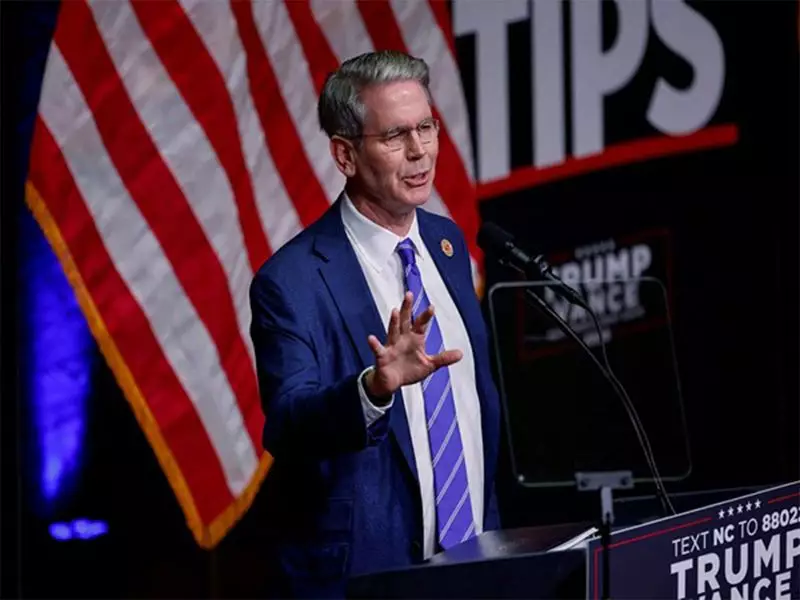
United States Treasury Secretary Janet Yellen has provided crucial clarification regarding former President Donald Trump's apparent softening on H-1B visa reforms, emphasizing that foreign workers should train American counterparts before returning to their home countries.
Clarification on Trump's Evolving Visa Stance
During a recent press conference, Secretary Yellen addressed questions about Trump's campaign comments that suggested a more moderate approach toward the controversial H-1B visa program. Yellen explicitly stated that the reformed policy would require foreign workers to train American employees as a condition of their temporary employment in the United States.
The Treasury Secretary's comments came as clarification to Trump's earlier remarks that had created some confusion about his position on skilled worker visas. While Trump had indicated he might make exceptions for highly skilled immigrants, particularly those graduating from American universities, Yellen's explanation provides the specific framework that would govern such exceptions.
The Training Mandate and Its Implications
According to Yellen's detailed explanation, the proposed visa reform would operate on a fundamental principle: foreign workers admitted under H-1B visas would be expected to transfer their knowledge and skills to American workers during their temporary stay. After completing this knowledge transfer, the foreign professionals would then return to their countries of origin.
This clarification significantly narrows the interpretation of Trump's earlier comments that had suggested a potential easing of his traditionally hardline stance on immigration. The training requirement represents a middle ground approach that acknowledges the need for specialized skills while maintaining the "America First" philosophy that has characterized Trump's immigration policy.
The proposed system appears designed to address two key concerns simultaneously: filling immediate skill gaps in the American workforce while ensuring long-term capability building among US workers. However, this approach raises practical questions about implementation, including how training effectiveness would be measured and what safeguards would prevent exploitation of foreign workers.
Impact on Indian Professionals and Tech Industry
The H-1B visa program has been particularly significant for Indian technology professionals, who have historically constituted the largest group of recipients. Indian nationals typically receive approximately 70% of all H-1B visas issued annually, making any reform to the program especially relevant to India's IT sector and skilled workforce.
Yellen's clarification suggests that while opportunities for Indian professionals might continue under a potential Trump administration, they would come with strict conditions and time limitations. The training mandate could potentially alter the fundamental nature of H-1B employment from long-term career opportunities to short-term knowledge transfer assignments.
This development occurs against the backdrop of ongoing debates about immigration reform in the United States, with technology companies advocating for more accessible skilled worker visas while protectionist voices argue for prioritizing American employment. The clarification from the Treasury Secretary provides the most detailed insight yet into how a second Trump administration might navigate these competing interests.
The proposed approach reflects a pragmatic recognition of the global competition for talent while maintaining political consistency with immigration restriction principles. How this balance would be implemented in practice, and what it would mean for the thousands of Indian professionals seeking American employment opportunities, remains to be fully understood as the policy proposals continue to evolve.





